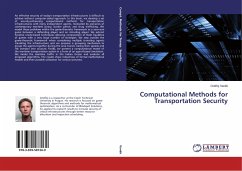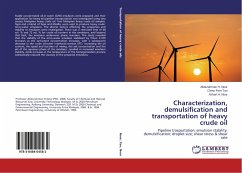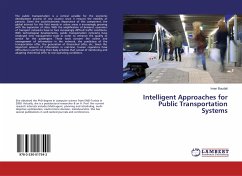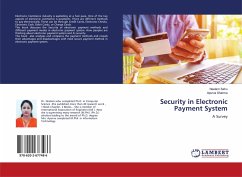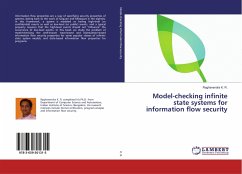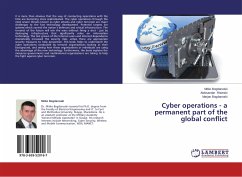An effective security of today's transportation infrastructures is difficult to achieve without computer-aided approach. In this book, we develop a set of security-enhancing computational methods for transportation infrastructures with many independent agents, motivated by scenarios of contemporary maritime piracy, border patrol, and drug trafficking. We model these problems within the game-theoretic framework as a zero-sum game between a defending player and an intruding player. We extend iterative oracle-based techniques allowing computation of Nash Equilibria of games with a very large number of strategies. We step outside the game-theoretic framework when considering multiple transiting agents transiting the infrastructure and we propose a grouping mechanism to group the agents together during the area transit, taking their speeds and risk aversion into account. Finally, we present a computational model of the maritime transportation system in a form of an agent-based simulation. We model the maritime traffic in the Indian Ocean and evaluate all proposed algorithms. The results show robustness of formal mathematical models and their possible utilization for various scenarios.
Bitte wählen Sie Ihr Anliegen aus.
Rechnungen
Retourenschein anfordern
Bestellstatus
Storno

